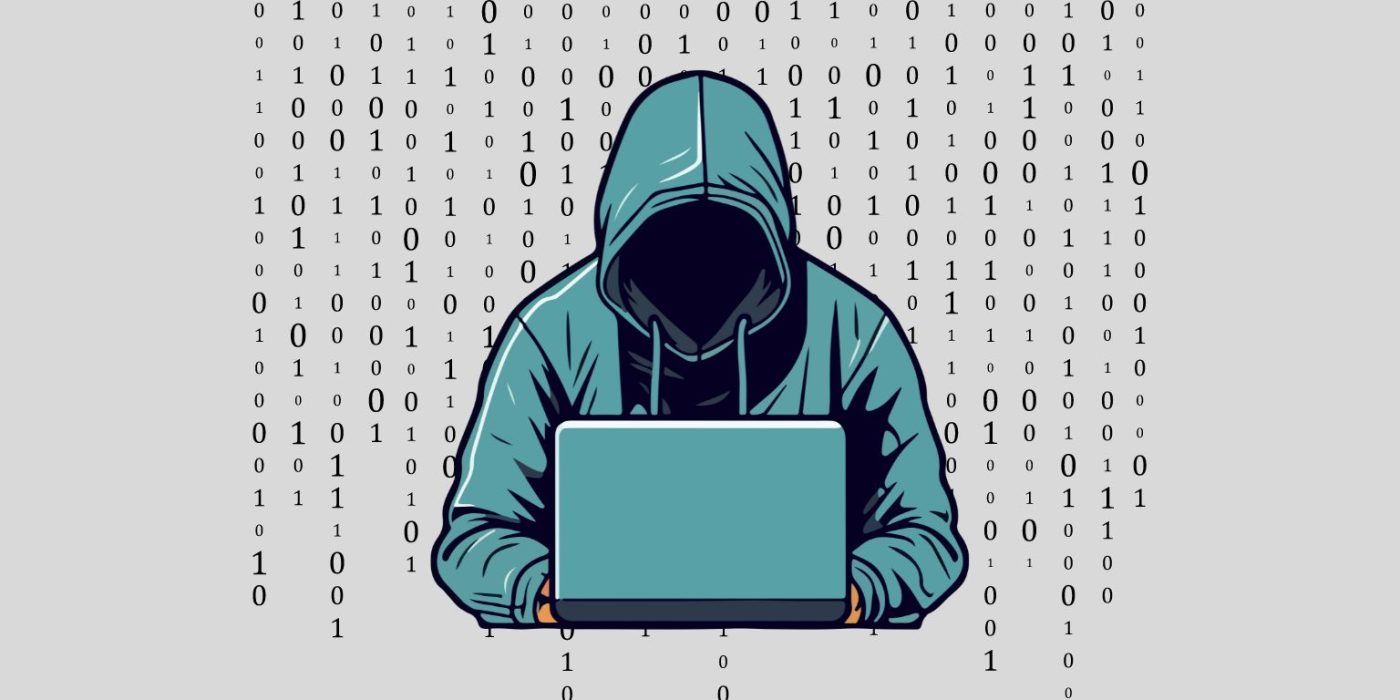Moveit is a popular tool used by companies to transfer files securely. In 2023, it faced a serious data breach revealing tons of sensitive data that stunned cybersecurity experts and caused a stir among them. It also concerns daily internet users’ data privacy.
Moveit Data Breach 2023 Explained
The Moveit data breach of 2023 was a wake-up call for many. It occurred when cybercriminals exploited a vulnerability in the software, gaining unauthorized access to the data being transferred via Moveit. This included confidential documents, personal information, and other sensitive data belonging to numerous companies and their clients. The breach highlighted the potential risks of file transfer applications, especially those not equipped with robust security measures.
Further investigation into the breach revealed that the attackers could infiltrate Moveit’s systems by bypassing its authentication mechanisms. This allowed them to impersonate legitimate users and access data undetected for a significant period.
The aftermath of the breach was severe. Companies scrambled to assess the impact, notify affected parties, and strengthen security postures. This incident led to financial losses, damaged reputations, and eroded client trust. Most importantly, it focused on securing data transfer channels with comprehensive cybersecurity strategies.
Lessons Learned from the Moveit Data Breach 2023 for VPNs
Network access security issues are usually brought to light when data information systems are being hacked. A virtual private network is a very important cybersecurity consideration for linking local networks with each other or connecting a range of devices over the mobile internet. Let’s examine what can be learnt from this incident:
1. Always Update and Patch
The importance of regular updates and patch management comes out proficiently from a data breach attack in 2017, famously known as the WannaCry ransomware attack. This particular attack aimed to affect computers that never had installed or updated Microsoft patches, hence crippling hundreds of thousands of them globally.
2. Multi-factor Authentication (MFA)
MFA is crucial in strengthening security defenses. According to a report by Microsoft, accounts using MFA are 99.9% less likely to be compromised. This statistic underscores the effectiveness of MFA in preventing unauthorized access. VPNs should implement and promote MFA, adding layers such as SMS codes, biometric verification, or hardware tokens to standard login procedures to enhance security significantly.
3. Encryption Standards
The effectiveness of the protection of private and unaltered data is crucial. A good example is the Advanced Encryption Standard (AES) 256-bit encryption, a leading security standard globally. The US government employs this same standard to safeguard classified information.
4. Regular Security Audits
Security evaluations should be done regularly to find and fix cybersecurity vulnerabilities. This discovery came from the University of Maryland, which showed that cyber-attacks occur on a standard 39s duration, stressing perpetual attention to internet users.
5. User Education
Cybersecurity education is the absolute need of the hour. Educational activities targeting clients help them take secure measures; for example, they can avoid being deceived by phishing and ensure their devices are safe from unauthorized access by other parties, thus decreasing the chances of resulting from human mistakes.
6. Transparency in Security Practices
Ensuring transparency is essential to create trust. As shown by the survey conducted by Label Insight, 94% of clients remain loyal to totally transparent brands.
7. Secure File Transfer Protocols
Making sure your files are safe when transferred matters most in organizations. According to IBM, the typical cost of an information security breach within organizations globally was $3.86 million in 2020.
8. Incident Response Planning
A robust incident response plan enables a swift and effective response to security breaches. The quicker an organization can respond to a breach, the less the damage will likely be. An IBM study found that organizations with an incident response team that also extensively tested their incident response plans experienced $1.23 million less in data breach costs than those with neither.
9. Continuous Monitoring
Continuous monitoring of systems helps in the early detection of security threats. Real-time tracking can identify unusual patterns that may signify a breach, allowing immediate action. According to Gartner, by 2028, organizations that use AI and other advanced technologies in their cybersecurity toolkit will reduce successful attacks by 75%.
10. Collaboration with Cybersecurity Experts
Collaboration between cybersecurity professionals may provide valuable information that strengthens security strategies. External cybersecurity experts may bring new insights and experiences that internal professionals disregard.
Securing Your Digital Footprint with PureVPN’s White Label Solution
In light of the lessons from the Moveit data breach, it’s clear that maintaining online security requires vigilance, advanced technology, and strategic planning. For businesses looking to secure their digital footprint without the overhead of developing their infrastructure, PureVPN’s White Label solution offers a compelling option.
PureVPN’s White Label solution provides businesses with a powerful VPN service under its brand, incorporating all the robust security features and learnings highlighted above. This solution allows enterprises to leverage PureVPN’s established network and security infrastructure, offering clients and users peace of mind regarding data privacy and security.


